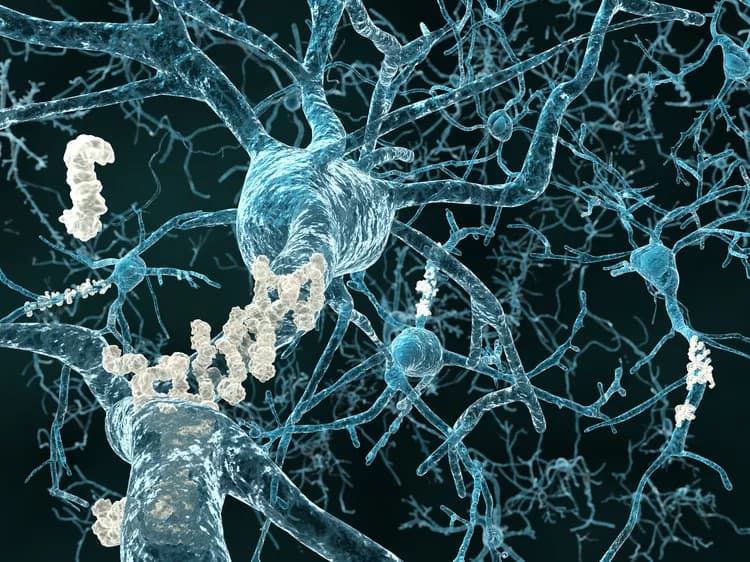
Impending Alzheimer’s Disease Apparent 18 Years Before Clinical Diagnosis
A study by scientists at the Rush Institute for Healthy Aging, Chicago, suggests that mistakes committed in memory and thinking tests may predict Alzheimer’s disease up to 18 years before the actual clinical diagnosis.
Alzheimer’s disease (AD) is a progressive neurodegenerative disorder characterized by the formation of plaques and neurofibrillary tangles. These plaques and tangles result in interrupted neuron-neuron connections, leading to problems with cognition and memory in AD patients.
The study being discussed here engaged 2125 participants without clinical dementia from four neighborhoods in Chicago, USA. The participants were age 65 or older, of European- and African-American descent, and 61% were females. The subjects were tested in memory, executive function, and global cognition every 3 years for 18 years.
The results of this long-term study were:
- Overall, 21% of participants developed clinical dementia during the study.
- There was a correlation between overall low scores in tests and developing AD dementia.
- Participants who scored the lowest in the first year of study were more likely to receive an AD diagnosis when compared to those who had the highest scores.
- 23% of African-American and 17% of European-American participants developed AD.
- Participants who scored one unit lower in the standardized cognitive test scores had an 85% greater risk of future dementia.
Dr. Rajan, the lead and corresponding author of the study, says in the American Academy of Neurology Press Release, “The changes in thinking and memory that precede obvious symptoms of Alzheimer’s disease begin decades before. While we cannot currently detect such changes in individuals at risk, we were able to observe them among a group of individuals who eventually developed dementia due to Alzheimer’s.”
Problems with memory are usually the very first noticeable signs of cognitive impairment in people suffering from AD. The current thinking is that the development of the disease takes time and that there may be some physical and biologic changes in individuals much before the memory lapses set in. Given that understanding, a standardized testing at around middle age, similar to the one accomplished in the current study, might give scientists and doctors a better understanding of AD.
Related Articles
Test Your Knowledge
Asked by users
Related Centers
Related Specialties
Related Physicians
Related Procedures
Related Resources
Join DoveHubs
and connect with fellow professionals

0 Comments
Please log in to post a comment.